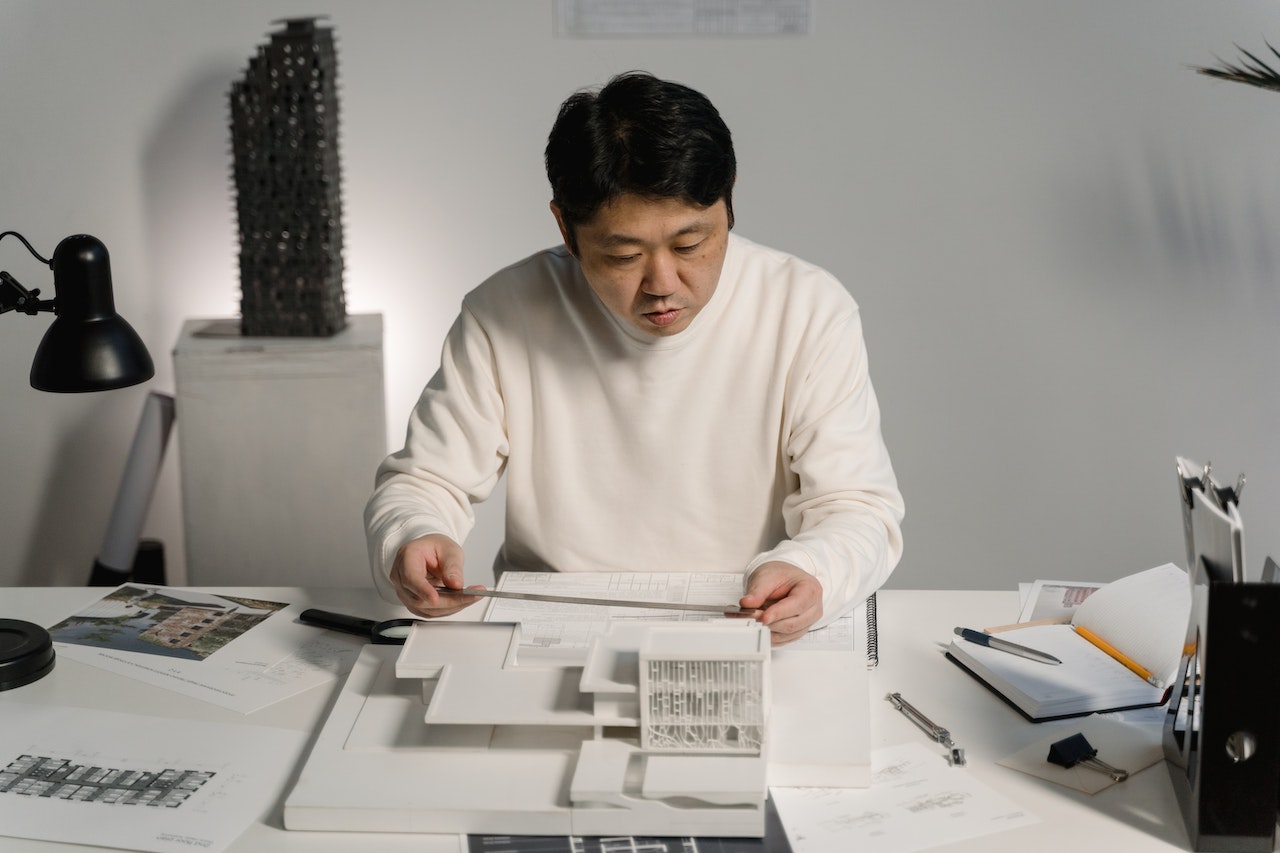Five career challenges for every designer
Published

The job of designer is a profession that is associated with particular stresses and challenges. Many designers love their day-to-day work, but that doesn't mean there aren't moments when they want to tear their hair out. Many non-creatives assume that creatives somehow have it easier because they make a living doing something "fun" rather than something traditional or mundane.
Doing what you love doesn't mean you're always in love with what you do.
Most creative professionals know this only too well.
Here are five challenges you can consider Designer you may know, and some advice on how to overcome them:
- Kreatives Burnout
- Defend your work
- Disdain for your profession
- Missing a deadline
- Lack of creative control
Kreatives Burnout
Burnout can occur after a period of time, but is more common among experienced professionals. Where a blank canvas was once a call to adventure and an opportunity to explore one's creativity, it is now an adversary that stands between you and anything else you could do. Sometimes creative burnout is a direct result of doing something repetitive and not having other creative outlets.
To prevent burnout, many creative people dedicate themselves to another creative hobby outside of work Designs , e.g. B. photography, writing or painting. This gives them the opportunity to do something creative and fun that is outside their comfort zone and helps them keep creativity alive during their daily work.
Defend your own work
In most cases you will be working for non-creatives. This can feel frustrating if you find yourself in a situation where you have to constantly defend your work and your design decisions. The input and feedback you receive often makes you cringe:
"Make the logo bigger."
"Let's take this color, it's my favorite color."
“Why can’t we just use [insert trademark infringing element here]?”
We've all been there, and it can be tempting to just do as you're told, keep your head down, and let the customer or employer live with the consequences. After all, an order is an order, and what do you know? You are just that Designer , the person who is skilled at doing these things. But there is also the other side of the coin: ranting and ranting and insisting that you know best.
The best thing you can do in this situation is to choose what's behind door number three: empathy. Explain calmly and succinctly why you made a particular decision or what the consequences of the request are. Then offer reasonable alternatives and/or compromises that you believe are in the best interest of the project. Ask them legitimate questions about why they want to go in a certain direction and you'll likely find that they're not 100% committed to a particular execution, but rather to a particular outcome.
Disrespect for one's own profession

Different professional fields that all deserve respect - Source: ratschlag-beruf.de
This point is a little more difficult to deal with. Nobody likes being taken for granted or assuming that their job is easy. Often such statements are made out of naivety rather than malice, but it still hurts. Maybe you have as Designer heard the following before:
"It must be nice to just take beautiful pictures to make money."
"I can have that done on Fiverr too! Design shouldn't cost that much."
“Doesn’t Photoshop do most of the work?”
You have probably heard these or similar comments before. Instead of responding with a snarky remark (like I usually do), take matters into your own hands and tell them that while you love your job, it's not easy. You could mention that their job also looks easy from the outside.
Clients or bosses can gently remind you that everyone wants to be in charge and that no one truly appreciates the stress and difficult decisions they have to make. This is also an exercise in empathy. Sometimes it is difficult to push aside our pain or frustration that our hard work is not appreciated and recognized.
Missing an appointment
The thought of missing a deadline triggers panic attacks for most designers. Ideally, you want to avoid this, but in the event that it is out of your control, you need to find a way to deal with it.
First of all, you should be realistic about what the deadline means for you and for the client. In most cases these are self-imposed deadlines that leave room for flexibility. These are the so-called “soft deadlines”. There are more of them in the digital world than there were ten or two years ago. If something is a hard deadline, i.e. H. pressure must come, or some other inflexible situation arises, all you can do is maintain your composure, be sincerely remorseful, and accept the consequences. The most important thing is how you deal with it and how you can convey the feeling to those involved. If they feel that you are contrite and the matter is not in your nature, or that you had no control over it and behaved professionally, there is a good chance that the consequences for you will be very small. If you react emotionally instead, chances are it won't end well.
Lack of creative control

A Illustration of Creativity - Source: designenlassen.de
Feeling like you have no control over your work can be very difficult for a designer or other creative professional. Unfortunately, this is a reality when working for a client. The client or employer most often dictates the artistic direction, and early in your career you are likely to be little more than an executor of someone else's creative vision. Don't let this paralyze you, but see it as an opportunity to hoard your true creativity for yourself. Use your free time to pursue personal projects or even take on (non-competitive) client assignments, not to make a name for yourself, but to experience that you can exercise full creative control in your work and truly explore your creativity.
This can help you develop your design sense, develop your own style and create a work that you are proud of. It can be very satisfying when you feel like you are responsible for your work and have created a work that truly represents you.
Later in your career, you'll probably find that this work is what you become known for.
What are your creative challenges and struggles?
Did anything on this list resonate with you? Do you have an experience with a creative problem that you would like to share with us? We'd love to hear from you in the comments section!
Share this list with other creatives you know and remind them how real the struggle for creative freedom is!








